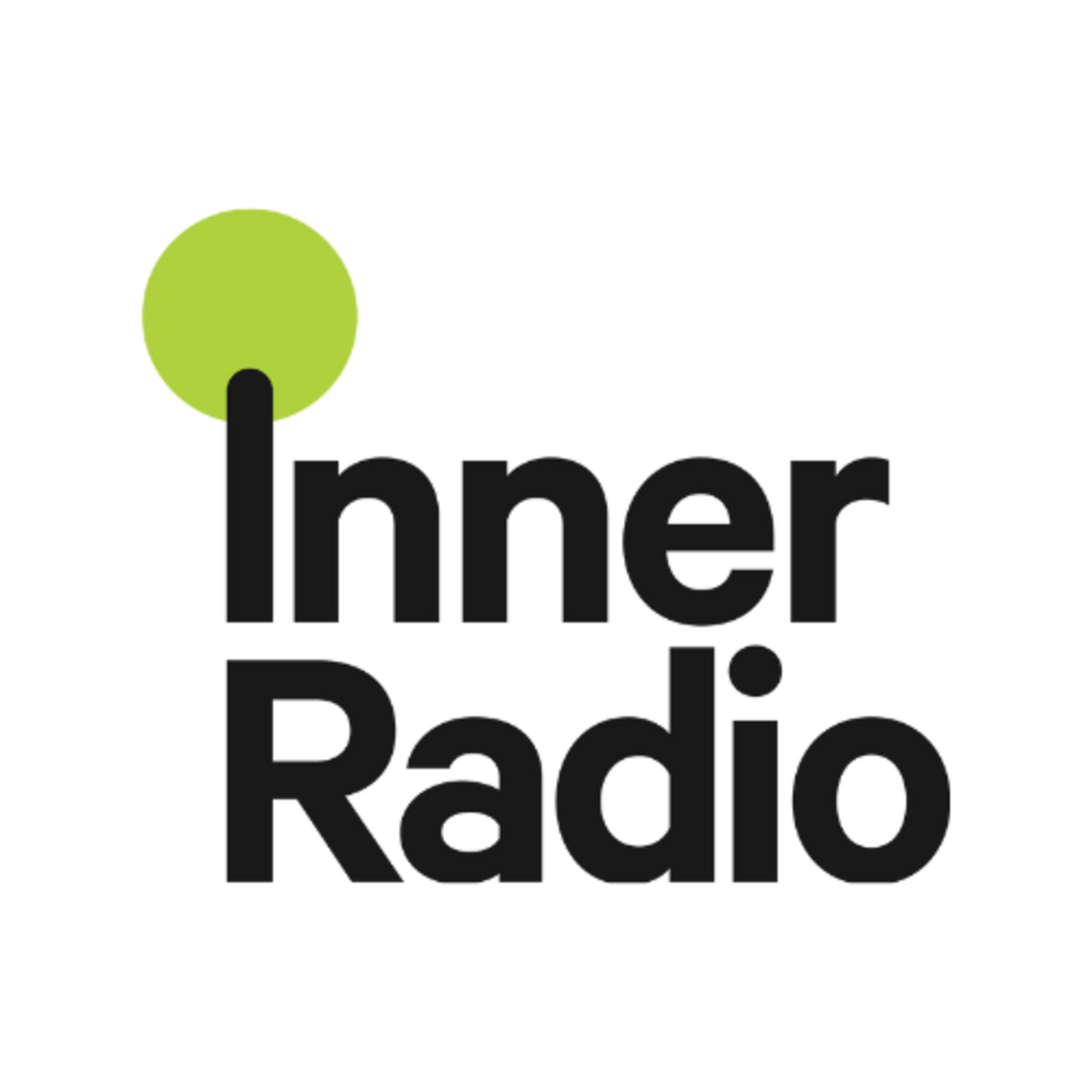
1. Mom Musings: Translating Life Lessons into Coaching Insights
The parallels between my experience of new motherhood and some of the themes in my coaching practice are obviously apPARENT (had to). In the spirit of turning my lived experiences into learning experiences, I share with you a few new mom musings and reflection questions, plus the originals below.
6. Make the ask
My daughter doesn’t use words I can understand yet. But if she did have the words, I imagine she would use them to tell me what she wants loud and clear. “I’m hungry!”, “I’m tired!” or “Hold me!”. As adults, with all the words we have, we use them to dance around asking for what we want instead of asking directly.
Reflection Question (RQ): What ask have you been dancing around?
7. Metabolize to make room
Annoying things I might have previously seethed about for days I now have to let go of to make room for baby needs. The time spent keeping score of how I was slighted I now need back to think about introducing solids, planning cross country travel, or researching daycare (already?!). This doesn’t mean I suppress upsetting emotions or try to speed past them as quickly as possible (because does that backfire or what). It does mean I’m getting better at metabolizing emotions so I can get unstuck and make room for the things I’d rather think about. My emotional metabolizing process includes steps like 1) understanding who I’m upset with (usually it’s me), 2) zooming out to see the bigger picture, and 3) deciding what I’d like to do differently next time.
RQ: If you stopped keeping score, what could you free up mindshare for?
8. Pretend you have a cooking show
My dream of hosting a cooking show has finally come true as I narrate breakfast for an audience of one. “I’m waiting for the oil in the pan to heat up and glisten before putting the bread on. That way it will caramelize and turn into toast. Mmmm…do you hear that sizzle? That’s the sound we want.” In babyland it’s encouraged to narrate your actions and what’s behind them to expose your little one to different words. I’ve found in adultland narrating your actions and what’s behind them is also helpful for different reasons. The simple act of sharing our intentions out loud can quell many misunderstandings.
RQ: What misunderstandings can you avoid by more clearly narrating your actions and what’s behind them?
9. Feelings about feelings
I have a condition that causes sudden intensely negative emotions when I nurse (D-MER). Because we are the lucky creatures who have feelings about our feelings, not only was I feeling despair upon nursing, I also felt terrible about feeling despair. Did it mean I wasn’t meant for motherhood or that I didn’t have it in me to continue coaching? Big nope on both fronts. Recognizing my despair as a patterned response helped me get just enough daylight between my emotions and myself to cope more effectively and release my judgment about having negative feelings in the first place.
RQ: What patterned responses can you recognize to cope with strong emotions more effectively?
10. The big squeeze
When things get hectic it’s easy to let rituals slide. For me and my husband, one such ritual is welcoming the person coming home with a big hug. In the Before Baby Era (BBE) this ritual happened organically. I didn’t even realize greeting each other at the door was a ritual until our little one arrived and it paused. When my husband came home it became very easy for me to stay on the floor playing with our daughter or in the office finishing up that one work thing because gosh there’s a lot to do. Yet, I’ve found that getting and giving a big squeeze when one of us arrives home keeps us connected and all it takes is us getting off our butts to say hello. And so we do this for each other and have realized it is even more important to keep it going in the midst of mayhem.
RQ: What rituals keep you connected and are worth continuing, especially when things get hectic?
____________________
The above is a continuation of an earlier post I’ve included below to keep things in one place:
1. We think we have plans, but we just have preferences
Before delivering, a nurse reminded me that my birth plan was really just a list of preference because who knows what will really happen. We don't think of preferences failing, but we definitely think of plans failing.
Reflection Question: What would happen if we held our rigid plans more like flexible preferences?
2. Help I'm stuck, but at least it's familiar
My daughter rolls from her back to her tummy and then gets stuck and cries. We roll her to her back and she immediately rolls back to her tummy and cries. I imagine this will continue until she discovers how to roll to her back herself. Until she figures out a new move, she'll move in the way she knows how, even if it gets her stuck.
RQ: When do we roll right back to our familiar place even if it's where we feel stuck?
3. Is she breathing???
Likely the top thought over the last few months. Is she breathing is similar to micro-managing a project, needing to check in way too often on what is a totally healthy project, worrying about hitting milestones that aren't even relevant yet, stressing out myself and everyone around me in the process.
RQ: What systems do we need in place to lessen how frequently (incessantly) we check-in?
4. 8:30am is actually the afternoon.
It seems like a whole day passes before typical working hours begin. 8:30am might even be more like midnight if we've been up every 30m since 2am with a crying baby trying to transition them to a crib. I NEVER thought I could make it on so little sleep. RESPECT for everyone doing this.
RQ: What I could never narratives hold us back?
5. Surprise in a Spindrift
When I notice her finding delight in an aluminum can, the sunlight reflecting off the floor, or the sounds of play in the park, I'm drawn in to savor the small things too. When I do, I consistently feel more at ease and ready for whatever the day throws at me.
RQ: What small thing will we savor today to prep us for what comes?
2. Recommendation

Morning Pages by Julia Cameron
I’ve never been a journaler, but writing morning pages is different. The idea is to write stream-of-consciousness for three pages first thing in the morning. Use pen and paper. Write long form (no bullet points or other shortcuts). I’ve been astounded by the results, specifically the self-awareness and clarity of thinking uncovered in the process. I’ve noticed how often I jump from idea to idea before finishing a thought. I’ve noticed that my line spacing starts out tighter when I’m tense and as I relax the line spacing follows and becomes more sustainable over three pages. I’ve noticed an intense self-editing temptation because a thought is still jumbled in my head and unpolished. One of the most cathartic parts of writing morning pages is recognizing every idea is worth writing down. As thought after thought spills out, the traffic jam in my head magically clears up.
3. The Goings On

Summertime has me yearning for summer camp – getting transported to a remote location, exploring new activities, learning about yourself, and forging bonds in the process. This year I’m bringing the spirit of summer camp to Inner Radio. Inner Radio Summer Camp is a virtual group coaching series for ambitious professionals ready to work on that pesky inner critic. I’m delighted to partner with Ascend and Promise Venture Studio to bring this coaching series to their members. Looking forward to the adventure!
____________________________________
If you enjoyed this post, help the Inner Radio Newsletter grow by subscribing and sharing with your colleagues.
Jennifer Ouyang Altman is the CEO and Founder of Inner Radio, a leadership coaching company working with executives hungry to define their leadership style, build effective interpersonal relationships, and harness the power of team. She facilitates communication and leadership courses with Stanford’s Graduate School of Business and is a CEO coach for Berkeley Haas’ CEO program. Her work has been published in the Los Angeles Times and Washington Post.

